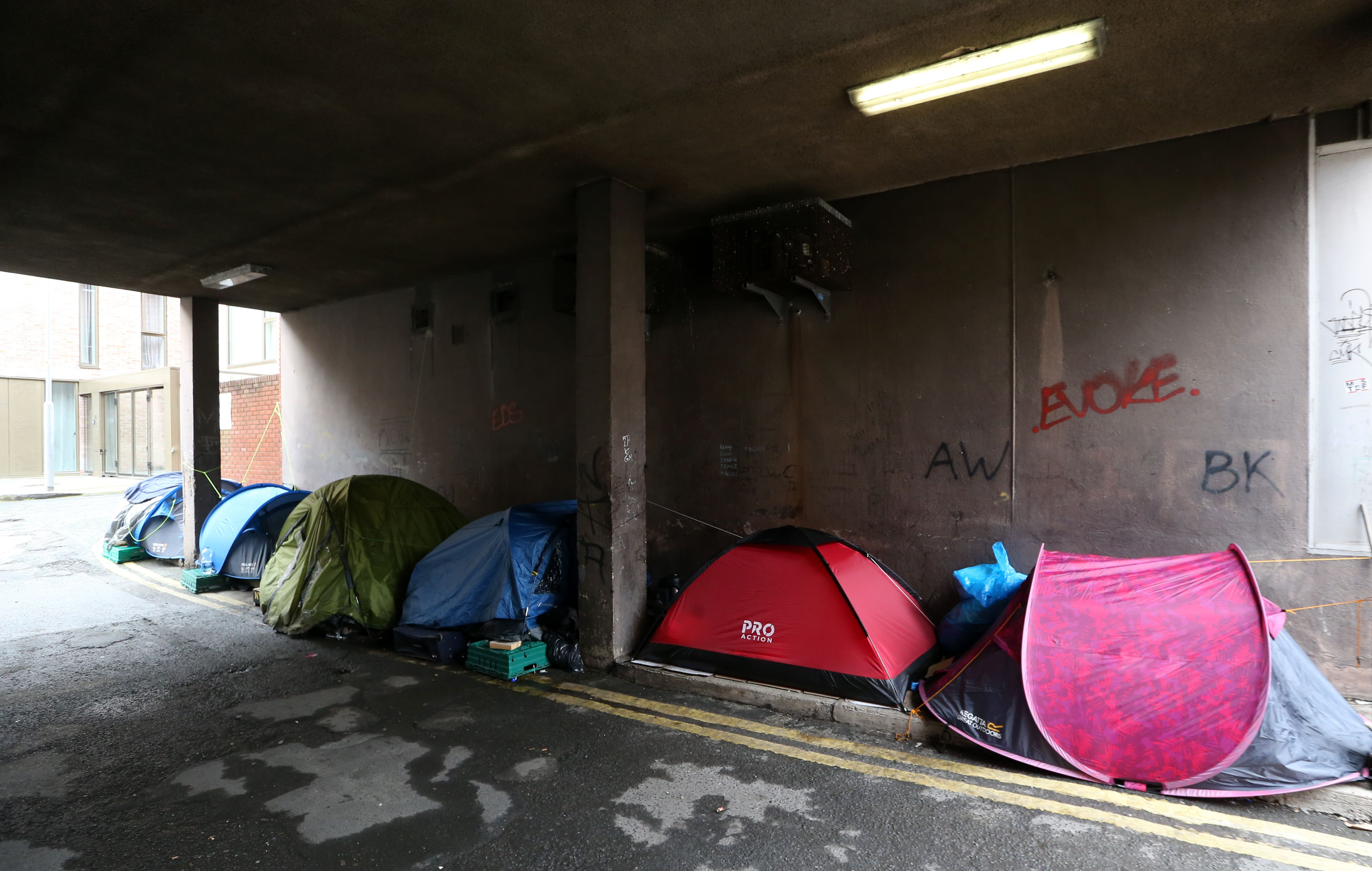IT is widely acknowledged that our island is in a period of fundamental change. Change can bring uncertainty and apprehension when it is not formally planned.
The North was dragged out of the EU against its democratic will by a majority vote for Brexit in England. The northern institutions suffer from neglect by London and Dublin, a fundamental lack of necessary resources to meet local needs, and the uncomfortable realities of the DUP’s sectarian tendencies. The South is experiencing a period of economic growth, yet the people throughout the island are experiencing economic, housing and health disparities which keep the economic good vibes macro and citizens feeling disconnected.
There are other changes too which create challenges. There is the changing face of a growing population, with rising numbers of economic migrants and asylum seekers coming to our island and little planning or developed infrastructure to respond to the needs and opportunities this creates.
One of the biggest changes in the past four years has been the health service collapsing to a point where we cannot guarantee care for the vulnerable in the right place at the right time. Walking into Accident and Emergency or seeking a necessary medical procedure today is a different country to 2016. Yet those concerns are something we are expected to soak up and live with. Or “go private”. Those who suffer are usually silenced.
By comparison, foul-mouthed racists gain significant media attention for their manipulation of worries around housing availability or local amenities as numbers of migrants rise. The attention they receive is in contrast to the lack of attention any mother trying to secure a mental health assessment for her distressed teenager will ever get.
In Italy in the 1920s when farmers legitimately tried to secure tenancy rights following the economic desolation of the First World War, the shouty types were the ones to get attention. They found a “Strong” man who wore black shirts, and tenants’ rights were forgotten as vested interests benefited from the distractions created by fear and change. This time of change on our island will inevitably throw up home grown wannabe “strong men”, who may have backing from English vested interests and try to stop change, rather than meet its challenges honestly and with purpose.
We have been tricked into believing fascism is for "strongmen," that they are cruel but competent.
— Jared Yates Sexton (@JYSexton) October 6, 2020
It's all a lie. It uses our stereotypes of patriarchal masculinity, which is all an illusion anyway, to hide fear and weakness.
That's what we're dealing with.
7/ pic.twitter.com/uXV5eOlGes
There has never been a time in 100 years when the border was being so comprehensively challenged by public policy and private lives. There are no longer large-scale projects being discussed on this island in a blindly partitioned fashion. From reformed healthcare to major infrastructure to Friday nights on the Late Late Show, the island experience and need is firmly in view, no longer siloed into partitioned blind spots. For the most part.
There are of course those who wish to pretend that our colonised “White” and partitioned past was better than our New Ireland united future. But that is the myopic thinking of minorities who somehow believe that London acts in the interests of people who live here or that Irish revolution was somehow not part of an international movement of decolonisation.
There are big conversations happening, and they are all about change. In the absence of planning and structured conversation, legitimate apprehension and concern will fester and be manipulated. Planning is the remedy, and will build confidence in a better united future.




